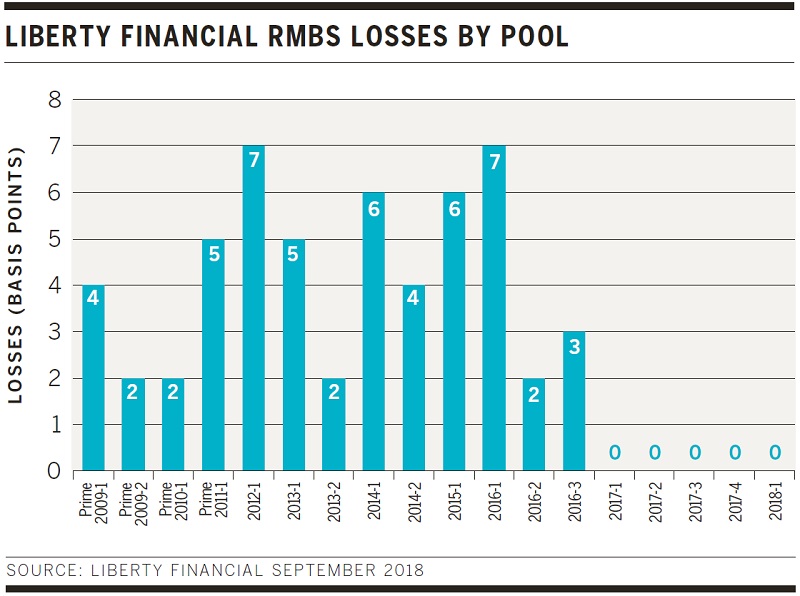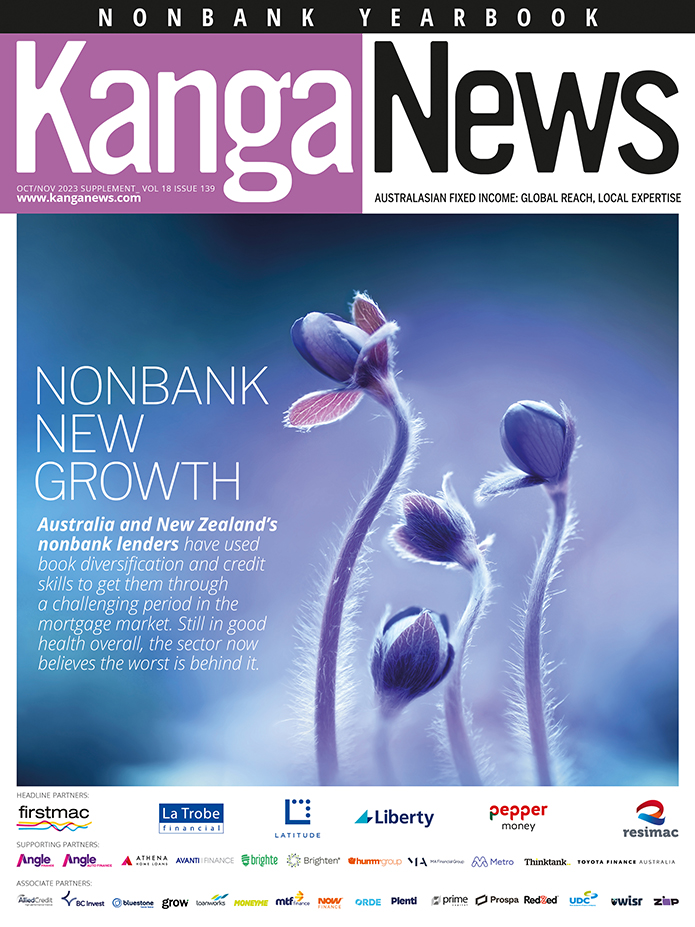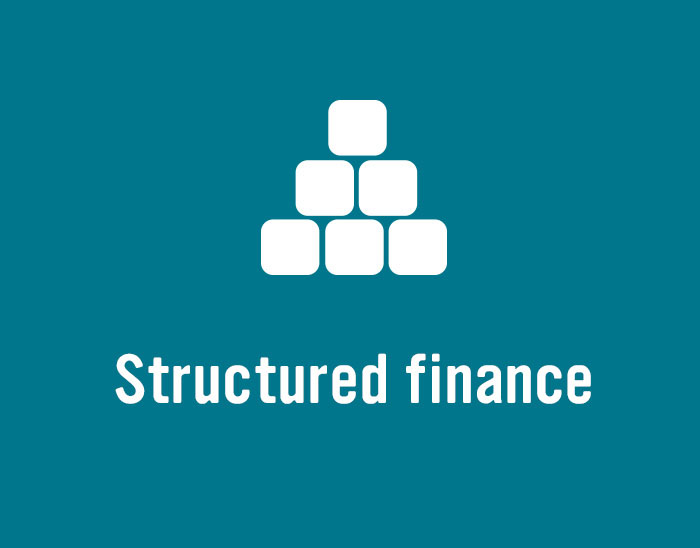
Issuer profile: Liberty Financial
Key company and debt-issuance information on Liberty Financial. Uploaded 15 October 2018.
| Size of loan book | A$9.8BN |
| Makeup of loan book |
Prime residential mortgages: 73% |
| Geographic distribution of loan book |
Australia: 98% |
| Outstanding debt issuance |
Securitisation: A$7.3BN |
Source: Liberty Financial September 2018

About Liberty Financial
Liberty Financial (Liberty) is a mainstream speciality-finance group that champions free thinking and helps more people “get financial”.
Liberty provides a wide range of products and services including home, car, commercial, self-managed superannuation fund and personal loans, investment and deposit products, consumer-credit-insurance products – via LFI Group and ALI Group – and mortgage broking.
Liberty’s loan-origination activity is supported by a multichannel distribution strategy whereby products are offered through a wide range of third parties – including mortgage and motor-vehicle-finance brokers, financial planners, two networks of company-owned brokers (Liberty Network Services and National Mortgage Brokers in Australia, with 120 and 400 brokers respectively, and Mike Pero Mortgages in New Zealand, with 60 franchisees), and direct sales.
Liberty provides solutions to a wide range of customers, from people who could be serviced by mainstream providers to those who need or are searching for a customised solution. Since its formation in 1997, Liberty has consistently applied technological advances to pursue multiple markets through its customised risk-management and operational practices. Customised technology is not only necessary properly to conduct a diversified-finance business but it also enables Liberty to design its financial products effectively to evaluate, arrange and manage solutions for a wide variety of customers.
Liberty deploys its own capital in its operations, thereby reducing financial and operating leverage. By aligning its interests with the long-term performance of its assets, Liberty is dedicated to deciphering the fundamental relationship between risk and return. In so doing, the company’s loan performance is best in its class. Its rated notes have never been charged off, downgraded or placed on negative watch.
Liberty has been able to develop a unique combination of capabilities in customer service, risk management, technology, funding, distribution and culture to generate a competitive advantage and durable financial performance.
Liberty has a corporate issuer credit rating of BBB- (stable outlook) and a “strong” servicer ranking for prime and nonprime mortgages, auto loans and commercial-mortgage servicing, all from S&P Global Ratings.
The company has advanced more than A$28 billion in loans and securitised more than A$24 billion via 54 transactions. It has more than 415 staff.
Ownership and capital structure
Liberty is a privately owned company. The shareholders who established the business are the same to this day. They have never received a dividend, preferring to reinvest the company’s earnings to fund future business growth. The shareholders’ commitment to the business is mirrored by long-tenured team members, many with more than 10 years’ service.
Notwithstanding its status as a private company, Liberty is overseen by an independent board of directors possessing decades of relevant financial-services and insurance experience.
Funding strategy
Liberty has established and maintains a flexible, durable and diversified funding programme. The company has multiple sources of funding: more than A$775 million of equity capital, more than A$4 billion of balance-sheet funding, a A$400 million CP programme and a senior-unsecured funding programme (both of which are unique to Liberty as a nonbank), a retail-debenture programme in New Zealand, and a retail managed-investment scheme in Australia.
Liberty’s term-securitisation programme provides investors the opportunity to acquire fixed-income securities in prime and nonconforming RMBS, auto ABS and SME formats.
For further information please contact:
|
Peter Riedel |
+61 2 8635 8888 This email address is being protected from spambots. You need JavaScript enabled to view it. |
| www.liberty.com.au |

nonbank Yearbook 2023
KangaNews's eighth annual guide to the business and funding trends in Australia's nonbank financial-institution sector.

WOMEN IN CAPITAL MARKETS Yearbook 2023
KangaNews's annual yearbook amplifying female voices in the Australian capital market.









